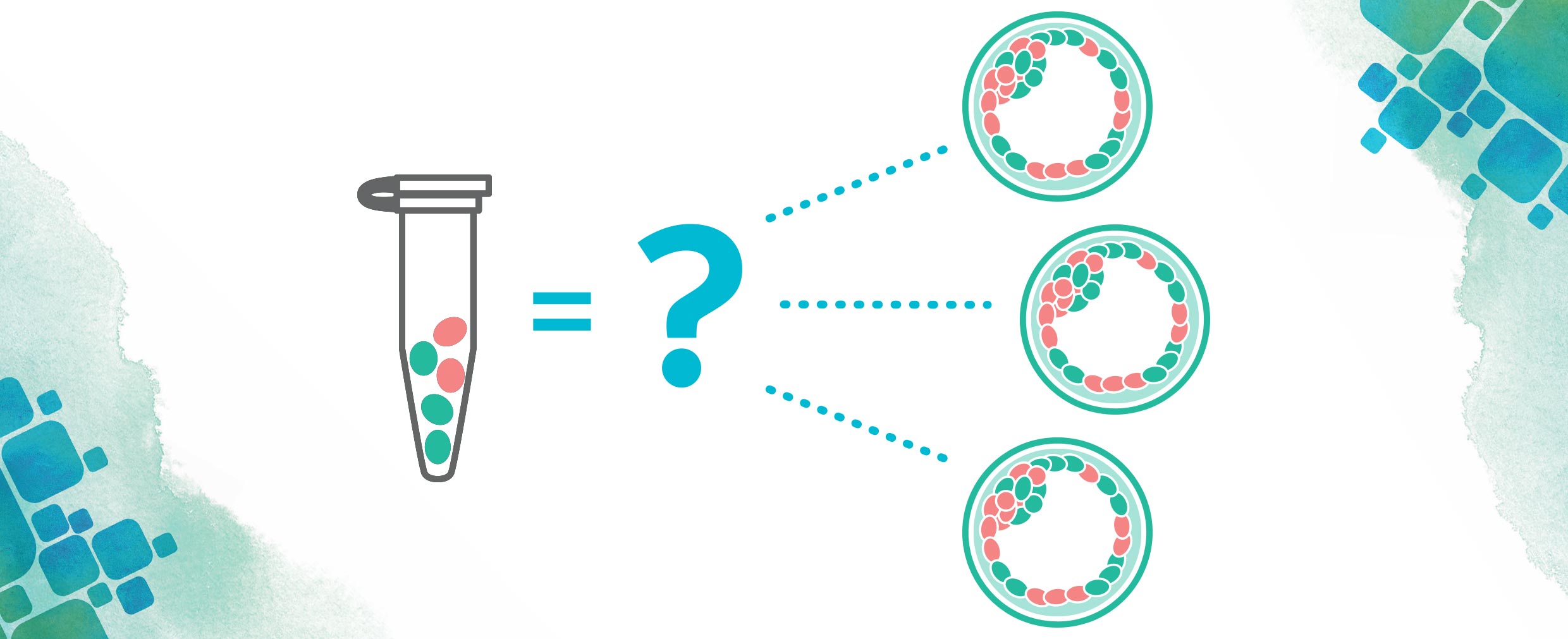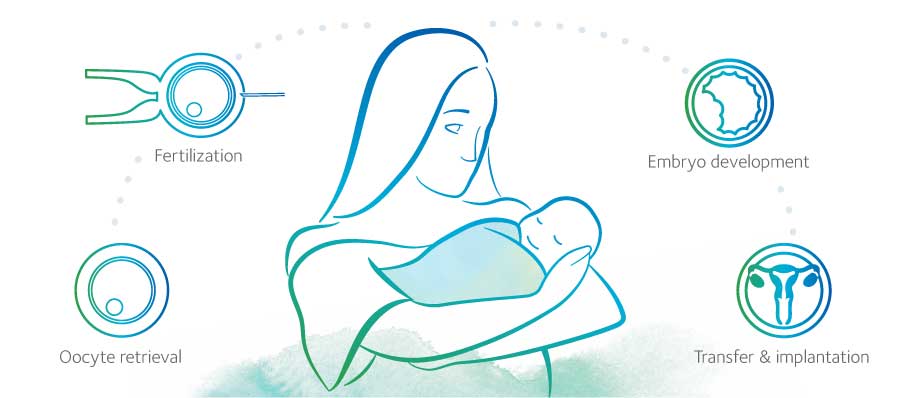One of the most anticipatory events in someone’s life is confirming a pregnancy. For the next nine months, it is difficult to stay planted in the present. Instead, it is natural for expecting parents to begin visualizing a future for their unborn baby. Some parents try to predict who the baby will take after. Other parents are eager to begin searching for baby’s first school. No parent anticipates anything obscuring that carefully crafted vision of lemonade stands, bike rides and laughter.
Nevertheless, genetic counselors are often sitting across from parents with diagnostic, carrier testing, or screening news that is simply put, uncertain. Some of the most heartbreaking questions we are asked sound like this: “Will my child be able to walk and talk? Will my child be able to go to school and live independently? Will my child live long enough to get married?” Our response is usually something similar to “Trust me, I would love to be able to predict your child’s health. While we can’t give you an exact picture of the future, we can go through what you can generally expect.”
A significant misconception in genetic counseling is that we can give you exact information about your baby’s potential health through the use of genetics. If our genes play such a crucial role in how our body functions, why is it so difficult to foretell how healthy a child will be? As it turns out, there are many factors that influence the development of any genetic disorder.
1. Many diseases lead to a spectrum of symptoms or clinical outcomes. No two kids are alike. This is true even with two children who have the same genetic change or mutation. A classic example of this is a baby born with Down Syndrome. These babies are born with an extra chromosome number 21, which means they have additional genetic information in every cell of their bodies. Some of these kids are verbal and others never develop speech. About 50% of affected kids are born with a heart defect. Down syndrome is one example out of hundreds in which symptoms can be anywhere from mild to severe.
2. Many disorders are multifactorial. This is an elegant word that means that one genetic change or mutation does not fully determine whether or not a person develops a disorder but rather multiple factors influence disease development. These include lifestyle factors (such as diet), environment (sun exposure, chemicals, etc) and other gene interactions.
Remember you see examples of this everyday! Common examples include congenital heart defects, diabetes and cancer. Therefore, when genetic counselors draw a pedigree and see multiple people across generations have the same or similar health issues, such as cancer, they still hesitate to say whether you or your child will face the same challenges. Nonetheless, genetic counselors can usually provide some educated risk assessment in the form of a probability or percent chance of a clinical outcome.
3. Treatments are constantly changing. Hope endures in every medical specialty and genetics is certainly no exception. Just one quick look at the news and you will find promising research targeted towards curing or successfully treating many diseases. Five, ten, or twenty years from now, medicine will be drastically different since we are learning more about diseases everyday. It is possible that in your child’s lifetime, there will be a significant medical breakthrough that positively affects his or her quality of life. We are now entering an era where gene therapy and genetic treatments are finally entering conventional medicine.
4. Carrier testing has residual risk. Carrier testing is an option for parents who want to know if they are carriers for the most common single gene disorders. Being a carrier means that a person has a genetic change or mutation in a single copy of their genes, while the other copy is functioning just fine. Everyone has two copies of every gene. For many genetic disorders, being a carrier has no clinical implications since the functioning copy of the gene compensates for the nonfunctioning copy. In fact, most of us are carriers for 2 to 5 genetic conditions. However, even if your carrier testing results came back negative, that does not rule out the possibility of your baby being affected by a genetic disease. Remember we have over 20,000 genes in our body! Unfortunately, no test exists to determine the carrier status for every genetic disease.
At this point, you may be wondering why even see a genetic counselor if nothing is certain?! There are many reasons why patients benefit tremendously from genetic counseling. Here is a very short list of how genetic counselors can help you (even if you are not an expecting parent):
- They can assess the risk of your baby being affected by a genetic condition. This includes recommending testing and offering comprehensive education about subsequent results. Often, this has been helpful for parents to make pregnancy decisions such as pursuing IVF, undergoing diagnostic options, discontinuing a pregnancy or being prepared for the birth of a baby with special needs.
- They can modify your medical management. Sometimes genetic counselors determine that you have a genetic change in a gene that increases your risk for developing cancer or any other adult onset disorder. This often leads physicians to recommend increased and more aggressive screening and preventative measures to dramatically reduce your chances of developing the condition.
- They can discuss the most common causes of infertility and recurrent pregnancy loss for couples struggling to have children.
- If your child has an undiagnosed syndrome, they can help provide supportive counseling, recommend testing and can often put you on the path to a diagnosis, when possible.
- They can reduce the anxiety associated with genetic diagnosis and testing, by providing resources for education and support groups.
Genetic Counselors aim to create a balanced experience for patients when discussing any genetic condition. We take the time to value your choices as our patient and customize the sessions to fit you and your family’s needs. Predicting the future is a task left to a skilled psychic. Instead, think of us as your partner in the medical community, striving to educate you as much as you need so you can make the appropriate health care decisions when you walk out of our office.
This post was written by Shreya Malhotra who is currently at Sarah Lawrence College training to become a Certified Genetic Counselor. She envisions a career guiding health care professionals to embrace genetics and help identify families that are high risk for genetic disorders. Her ideal career involves a little bit of everything including medical writing, marketing and development, and genetics education and advocacy. Prior to graduate school, Shreya received a degree in Economics and Child and Adolescent Mental Health Studies from New York University.




